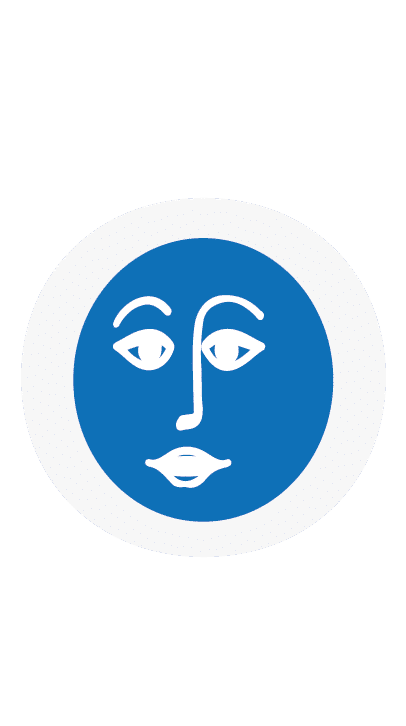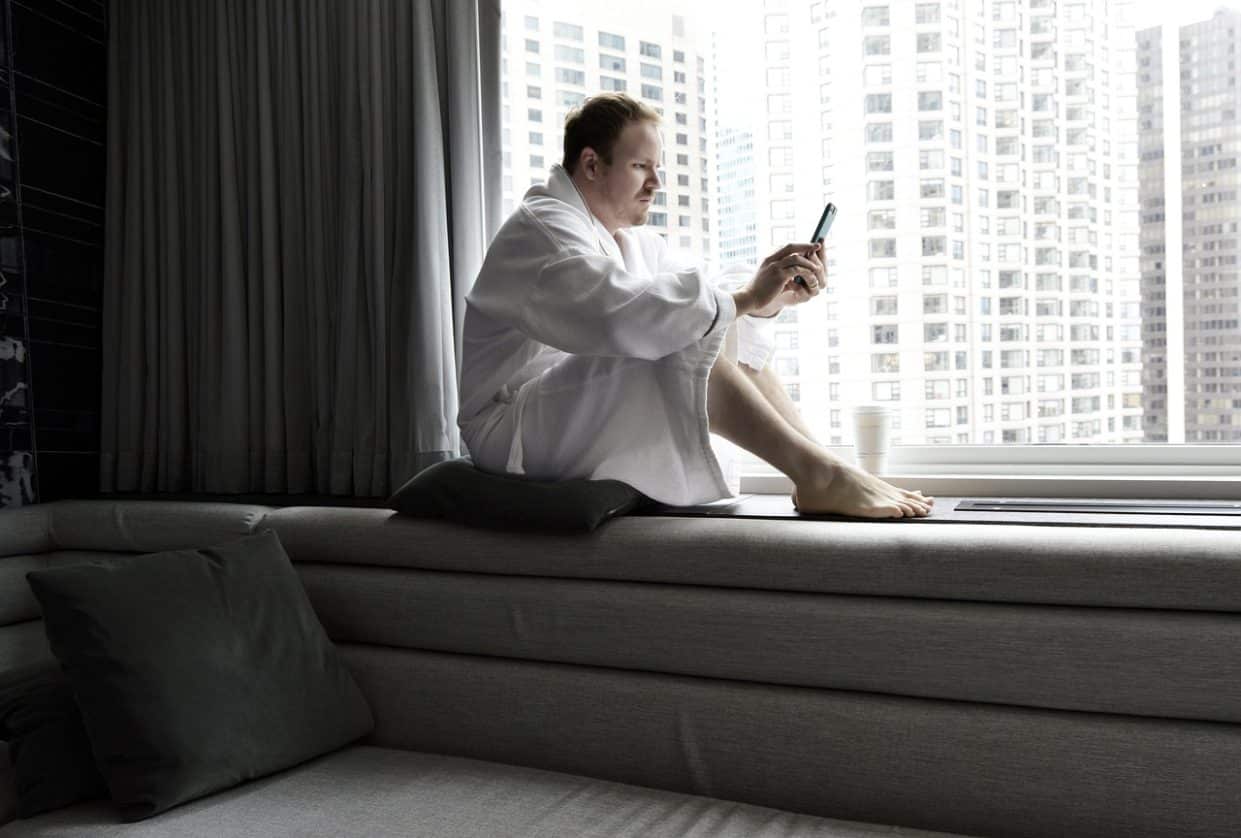Google and social media play an essential role in how we view our health. Let’s face it, some of us do a quick Google search before deciding to visit a physician. Every day, the easy access to Internet tempts us to find health-related answers on our own instead of going to the emergency or setting a schedule with our physician. We know that the information we get online isn’t accurate and can even be harmful to us, but we still choose to consume it.
It’s not all negative when it comes to the correlation between health and social media. Here are some of the notable influence of social media and mobile to our health:
Mobile Apps
There are more than 97,000 mobile apps related to health and fitness. Moreover, 50% of smartphone users are expected to or have downloaded at least two mobile health apps. With just a swish of our fingers, we can easily find apps that can help in weight loss, exercise routines, women’s health, and for sleep and meditation.
Aside from staying fit and healthy, there are also mobile applications that for medical help, medical chart, and medication guides. Women also download fertility and ovulation calendar apps, which also shows that mobile apps are considered as helpful in the medical field, too.
Information Sharing
According to a study conducted by the Demi & Cooper Advertising and DC Interactive Group, 44% of patients share their medical or healthcare experience with other online. Either positive or negative, these individuals identify the hospital or facility they went to and share their experiences with other people.
However, 42% of the participants of the study were hesitant to share their direct experience with nurses and physicians. With this, it can be construed that social media helps people create informed choices by gathering information from other people. It allows individuals to identify the best facilities and hospitals for their medical needs based on the real-life experiences of other patients.
Communication
Social media allows patients and doctors or nurses to communicate. Various social platforms enable patients to communicate their needs directly or health care needs to their physicians.
This is an excellent alternative to setting an appointment and then visiting the doctor’s office or clinic. Social media allows patients, especially the elderly, to communicate with their physicians without leaving their homes.
Social media bridges patients and physicians effectively. With the right tools or apps and the right patient history and information, social media can help deliver the health care needs of the elderly immediately.
Acquiring Information
One out of two adults who have smartphones has admitted to looking up for health information on their smartphones. This can be both a good and bad thing. It can be a good thing because people are being aware of their health and what is happening to their bodies. Social media helps them understand what they feel and what other people feel or experience.
On the other hand, it can be dangerous to rely heavily on social media for your health diagnosis. It’s great that you share and acquire health information online. However, the best way to get the right results is to talk to your physician.
What’s in it for Hospitals?
Hospitals, clinics, and other health institutions can use the internet to communicate with patients. With the help of mobile apps and wearable health trackers, they can also monitor their patient’s progress for continuous treatment plan.
Help people by informing them and highlighting the importance of seeing a physician for their medical needs. Though there are a lot of reliable medical-related websites, doctors must still see patients personally.

